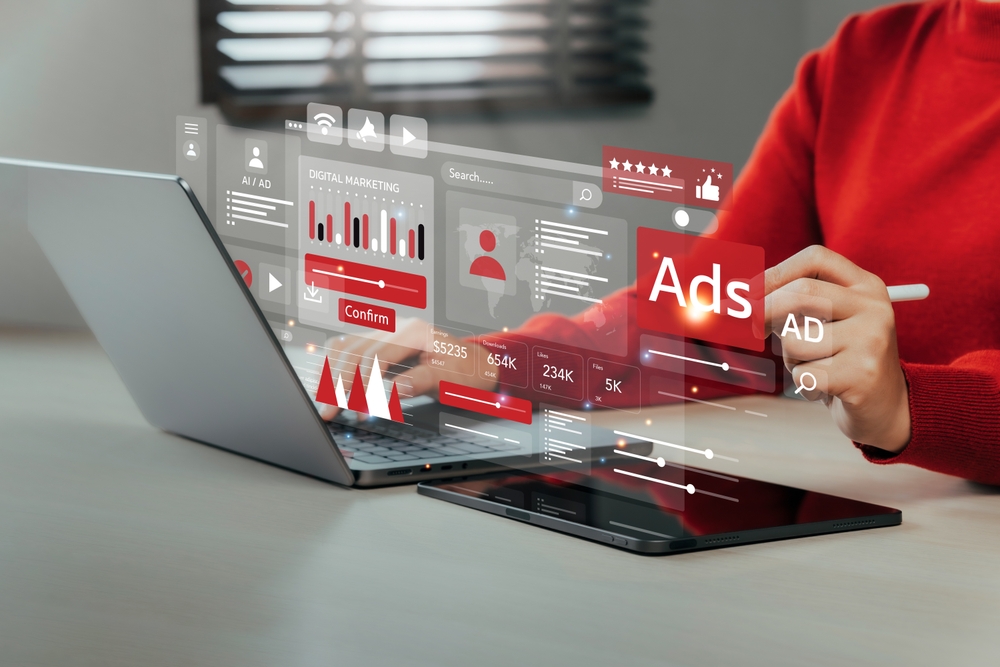Marketing lifestyle events requires a strategic mix of digital tactics to reach and connect with target audiences. Social media platforms, search engine optimization, and email marketing work together to build anticipation and drive registrations. The most successful event marketers blend these channels while maintaining consistent messaging and branding across platforms. By focusing on data-driven decisions and creating meaningful touchpoints throughout the customer journey, you’ll position your events for maximum visibility and attendance.
PR Overview
Social media marketing stands as a cornerstone for lifestyle event promotion. Instagram and Facebook lead the pack for lifestyle events, with 83% of event planners reporting increased attendance through social media marketing efforts. The key lies in selecting platforms that match your event’s character and your audience’s preferences.
Instagram works particularly well for visually-rich events like fashion shows, food festivals, and wellness retreats. Use Instagram Stories to share behind-the-scenes content, countdown updates, and speaker spotlights. Facebook’s event pages and targeted advertising help reach broader audiences while enabling easy sharing among potential attendees.
Pinterest serves as an often-overlooked but powerful platform for lifestyle events. The platform’s users actively plan future activities, making it ideal for reaching people in the consideration phase. Create boards featuring past event highlights, speaker profiles, and venue details to paint a complete picture of the experience.
SEO: Making Your Event Discoverable
Search engine optimization remains critical for event discovery. Start by conducting thorough keyword research using tools like Google Keyword Planner to identify terms your target audience uses when searching for events. Focus on both broad terms (“wellness retreat California”) and specific phrases (“vegan cooking workshop San Francisco”).
Structure your event website with clear hierarchies and relevant metadata. Each event page should include:
- Descriptive URLs
- Event-specific title tags
- Meta descriptions with clear calls to action
- Schema markup for events
- Mobile-responsive design
Local SEO plays a vital role for in-person events. Optimize your Google Business Profile, maintain consistent NAP (Name, Address, Phone) information across platforms, and encourage reviews from past attendees.
Email Marketing: Nurturing Attendee Relationships
Email marketing delivers the highest ROI among digital channels for event promotion, with an average return of $42 for every dollar spent. Build your email strategy around distinct phases:
Pre-event:
- Save-the-date announcements
- Early bird pricing promotions
- Speaker and program highlights
- Registration deadline reminders
During event:
- Schedule updates
- Session reminders
- Networking opportunities
- Real-time announcements
Post-event:
- Thank you messages
- Feedback surveys
- Next event previews
- Content recaps
Segment your email lists based on past attendance, interests, and engagement levels. This allows for more targeted messaging and higher conversion rates.
Content Strategy: Creating Value Before the Event
Content marketing sets the stage for your event’s success. Develop a content calendar that addresses attendee pain points and showcases event benefits. Mix content formats to appeal to different learning styles:
Blog posts:
- Industry insights from speakers
- Previous event recaps
- Practical tips related to event themes
Video content:
- Speaker interviews
- Venue walkthroughs
- Past event highlights
- Attendee testimonials
Podcasts:
- Expert interviews
- Industry discussions
- Behind-the-scenes planning insights
Measurement and Analytics
Track key performance indicators (KPIs) across all channels to optimize your marketing efforts. Essential metrics include:
- Registration source tracking
- Email open and click-through rates
- Social media engagement rates
- Website conversion rates
- Cost per acquisition
Google Analytics 4 provides valuable insights into user behavior and conversion paths. Set up custom event tracking to monitor specific actions like registration button clicks and promotional code usage.
The success of lifestyle event marketing depends on creating a cohesive strategy across digital channels. Start planning at least six months before your event date to build momentum and engage potential attendees effectively. Focus on creating valuable content that answers attendee questions and addresses their needs. Monitor your metrics consistently and adjust your strategy based on performance data. Remember that digital marketing for events isn’t just about selling tickets—it’s about building communities and creating experiences that resonate with your audience.
The Future Of Wellness Influencer Marketing: Authenticity Over Aesthetic
Wellness brands face a reckoning. The era of perfectly curated influencer feeds and aspirational...
Marketing Blockchain to Non-Crypto Audiences: The New Playbook
Most blockchain marketing fails before it begins—not because the technology lacks merit, but...
The New Playbook for AI-Enhanced Brand Messaging
Brand messaging used to be a game of instinct, intuition, and endless rounds of creative review....




